One of the most important tools in a distillery operator’s toolkit is a distillery management software platform. By making the right choice and knowing how to use the platform correctly post-implementation, distilleries can improve their operational efficiency, save costs and ultimately increase profitability.
But with so many options available on the market, it can be overwhelming to choose the right software and to make the most of your investment. Do you choose a solution that will integrate with others as you grow? Or do you select an enterprise resource planning (ERP) platform that is scalable and has modules for multiple aspects of your business?
Whether you're a new distillery owner just starting out or a seasoned manager looking to optimize your operations, doing your due diligence is important to help you maximize ROI – and your ROI timeline – from whichever distillery management software platform you choose. Let’s examine some things to consider to help you begin that search.
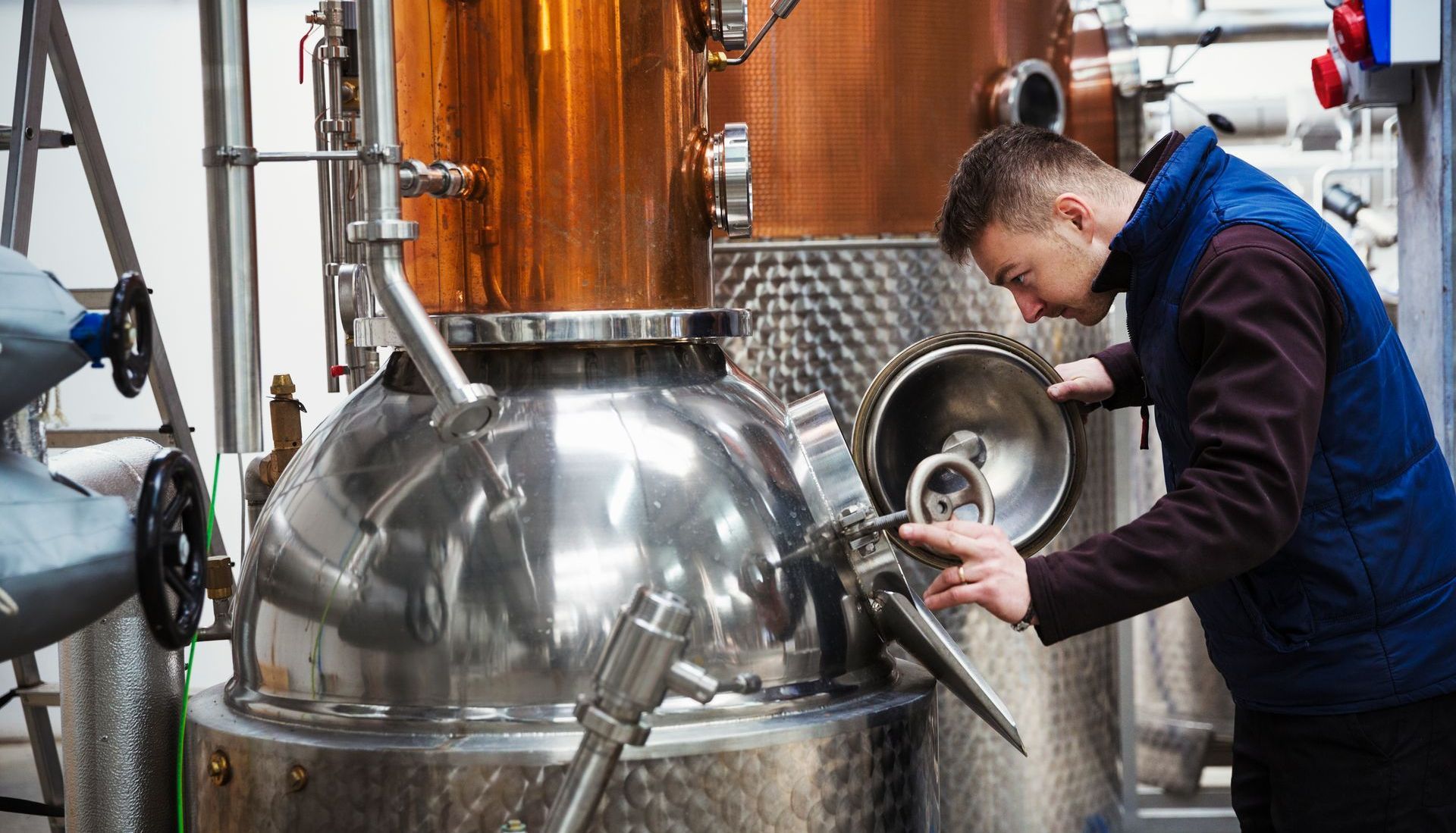
This One or That? Key Factors to Consider
With so many options available, choosing the right distillery management software can be tricky. Of the key factors to consider when choosing the right solution, one of the most important is scalability. As your business grows, your software needs will change. It's important to choose a software platform that can scale with your business and adapt to your evolving needs.
Researching available integrations will also be an important step in your search. Your distillery ERP should be able to integrate with other tools and systems that you're already using. For example, you might want your distillery management software to integrate with your online store or shipping software. This will help you avoid duplication of effort and improve overall efficiency.
Every distillery has its own unique processes and requirements, so how much a product can be customized will be a crucial consideration. Look for software that can meet a lot of requirements out of the box, but also be customized to meet any specific processes that differentiate your company or brand from your competitors. This is why software built specifically for distillery operations is the best starting point.
It’s also important to consider what security measures are in place for the systems you’re evaluating. Your distillery management software will be handling sensitive data such as financial information and inventory levels, so you need to look for platforms that have robust security features to ensure data security. This will help to safeguard your business and protect sensitive information from vulnerabilities.
Considering these factors, among others unique to your distillery operations, will help you make an informed decision on which software platform to select. Enlisting key stakeholders and subject matter experts across your organization to review benefits and functionality of different platforms will also ensure the distillery software you select is the optimal fit for your business.
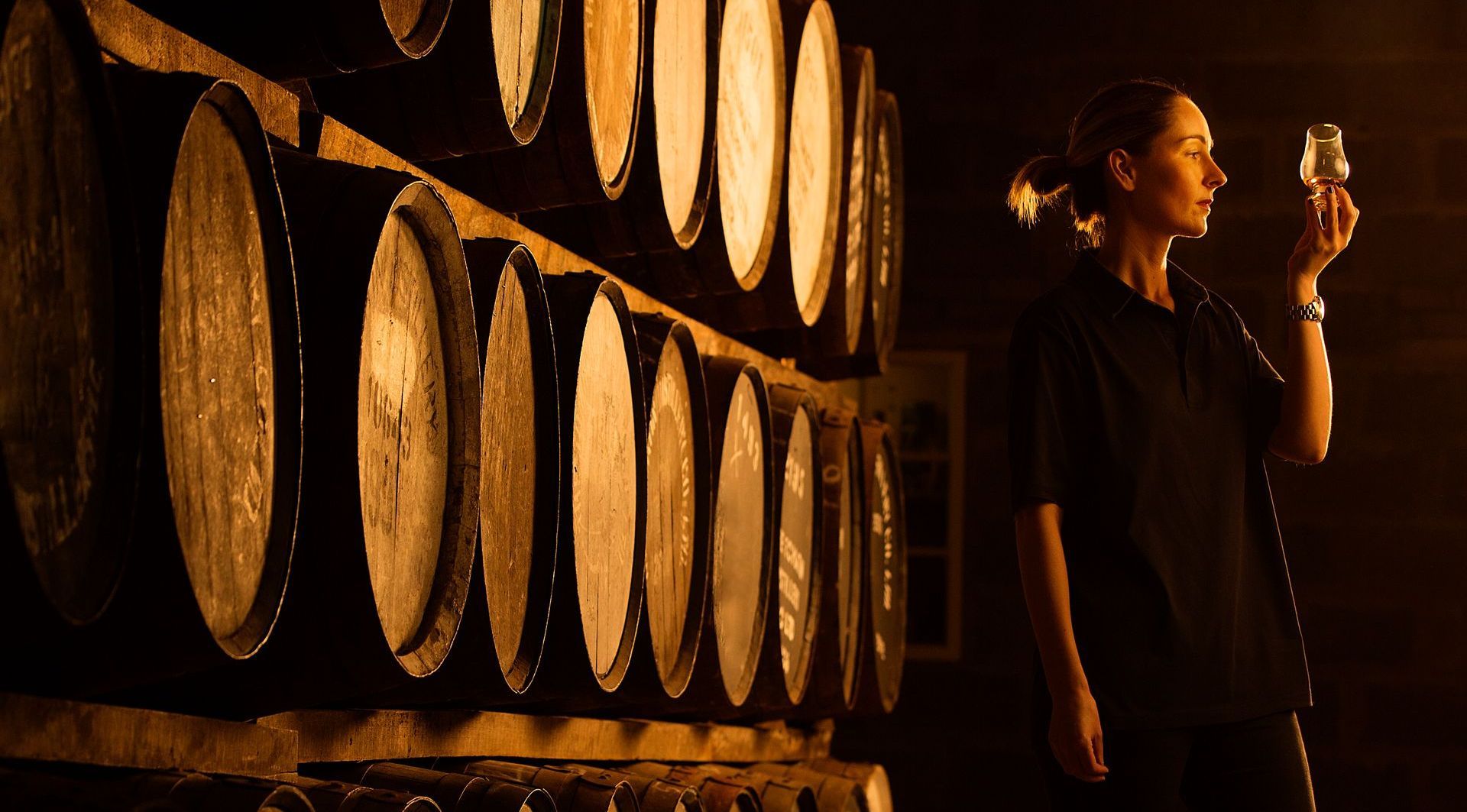
The Best Bang for Your Distillery Software Buck
After selecting a distillery management software, it's time to start thinking about how to get the most out of your investment. Comprehensive training for your team and implementing industry best practices will be crucial to the overall effectiveness of your product. You will also want to begin measuring and/or benchmarking certain criteria to help you make strategic business decisions based on data and processes facilitated by the software. By tracking and analyzing ROI, you can make informed, data-driven decisions that improve profitability.
Get out the ruler, it’s time to measure ROI
Distillery management software has its obvious benefits, but it's important to measure the ROI to ensure that it's worth the price tag and effort necessary to successfully implement it across your organization. Measuring ROI involves tracking the costs associated with implementing and using the software, as well as the benefits it provides in terms of increased efficiency, cost savings and profitability.
You should begin the project by tracking the costs associated with the software, including the initial purchase price, any installation or setup fees and ongoing maintenance and support costs. You should also consider any costs associated with training employees on how to use the software effectively.
Next, you'll need to track the benefits provided by the software. This can include increased efficiency in production and operations, reduced costs associated with inventory management and increased accuracy in tracking product quality and consistency.
By comparing the costs and benefits associated with the software, you can calculate the ROI and determine whether the investment was worth it. Keep in mind that measuring ROI is an ongoing process, and you should keep tracking and analyzing data to ensure you continue to get the most out of your investment.
You can use the data you’re collecting to make strategic adjustments to production and operational processes to help maximize profitability and ROI. The specific steps to understanding efficiency and productivity gains from distillery management software are outside the scope of this article, but it is one of the most important parts of a successful software implementation strategy.
Making data-driven decisions to improve profitability
Once you have measured ROI from your distillery management software, you can start to make data-driven decisions to improve profitability. This requires utilizing the data generated by the software to identify areas for improvement and optimization. One way to use the data is to track key performance indicators (KPIs). KPIs can help you monitor and evaluate the success of your operations and make strategic decisions. Some examples of KPIs that you can track with your distillery management software include production efficiency, inventory turnover and sales volume.
Another way to use the data is to perform a cost analysis. With distillery management systems, you can track the cost of raw materials, labor and other expenses related to production. You can also forecast demand and plan production accordingly. With the help of a distillery ERP, you can analyze historical data on sales and production to make informed predictions about future demand. This can help you optimize production and reduce waste.
Why Measuring ROI is Important to Your Distillery
Choosing the right software platform to manage your distillery operations will be crucial to the growth and future profitability of your business. You should prioritize platforms that can automate tasks, streamline inventory management and track production processes. It's important to consider the size and needs of your distillery, as well as the features and functionality you need in a software solution.
By regularly tracking KPIs such as production efficiency and cost per unit, you can identify areas for improvement and take action to optimize your operations. Overall, implementing a distillery management software can lead to significant gains for your distillery, but it's important to choose the right software and implementation partner and apply industry best practices to maximize its value.
If you’d like to learn more about the benefits Crafted ERP can bring to your distillery,
contact us at any time.

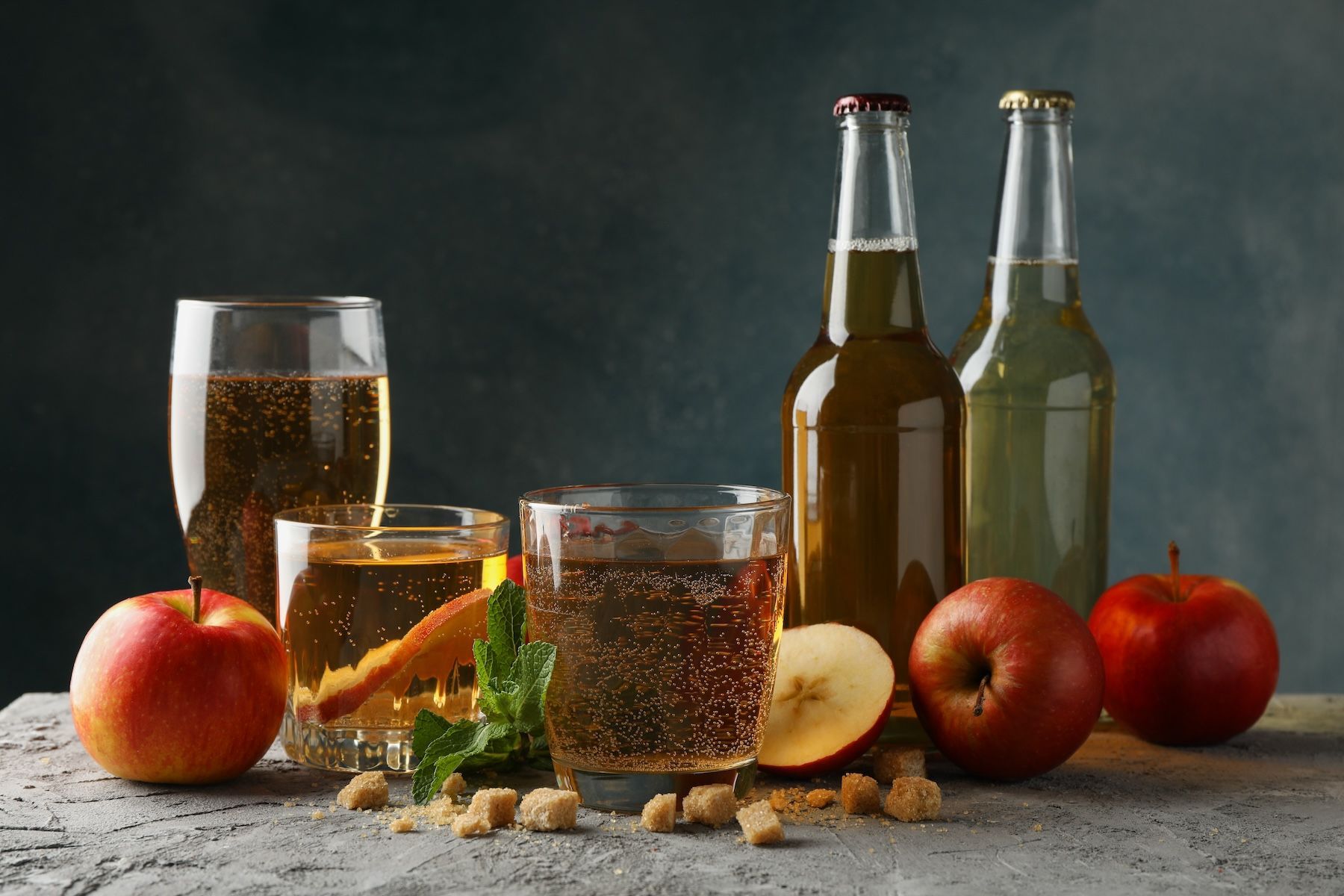
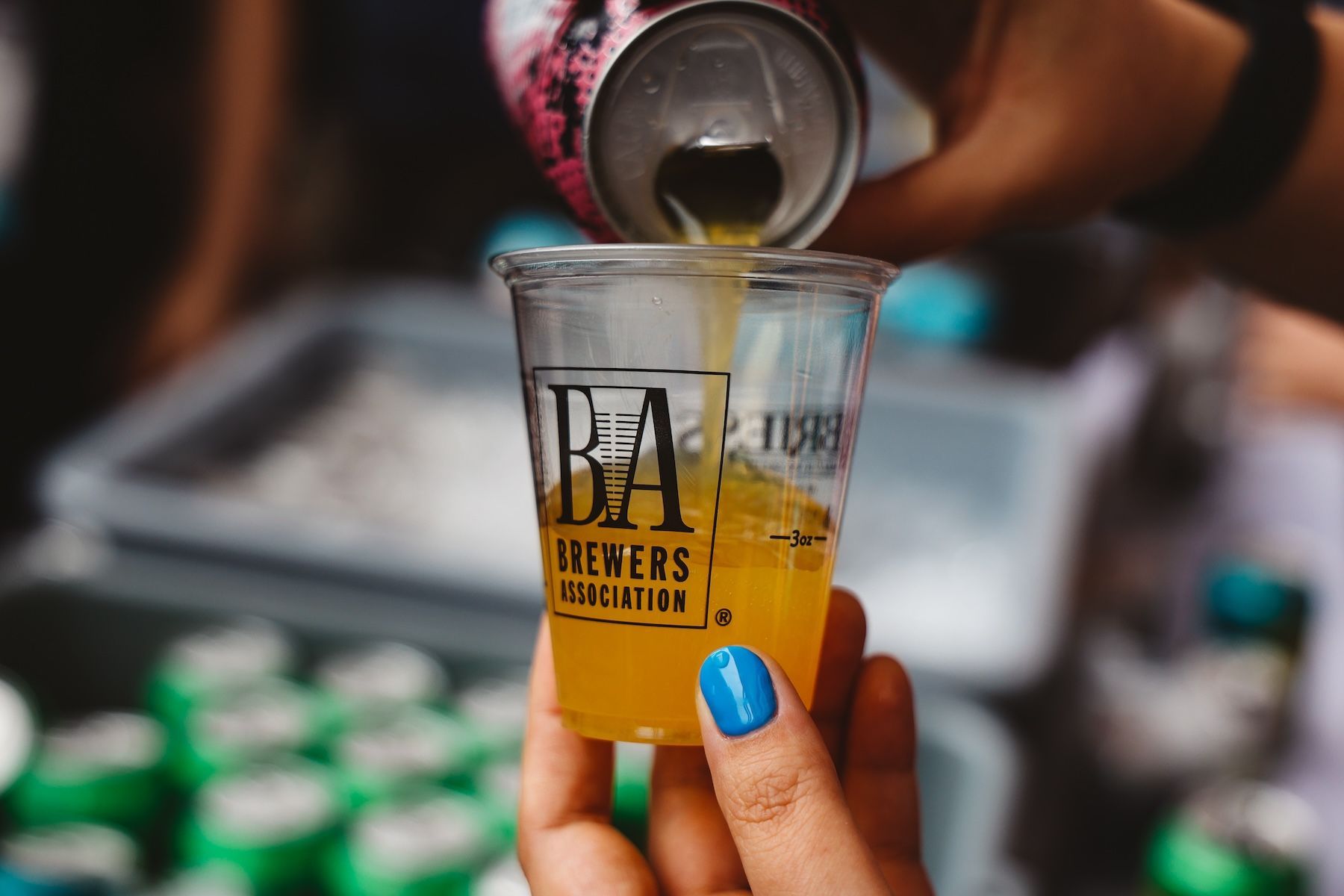

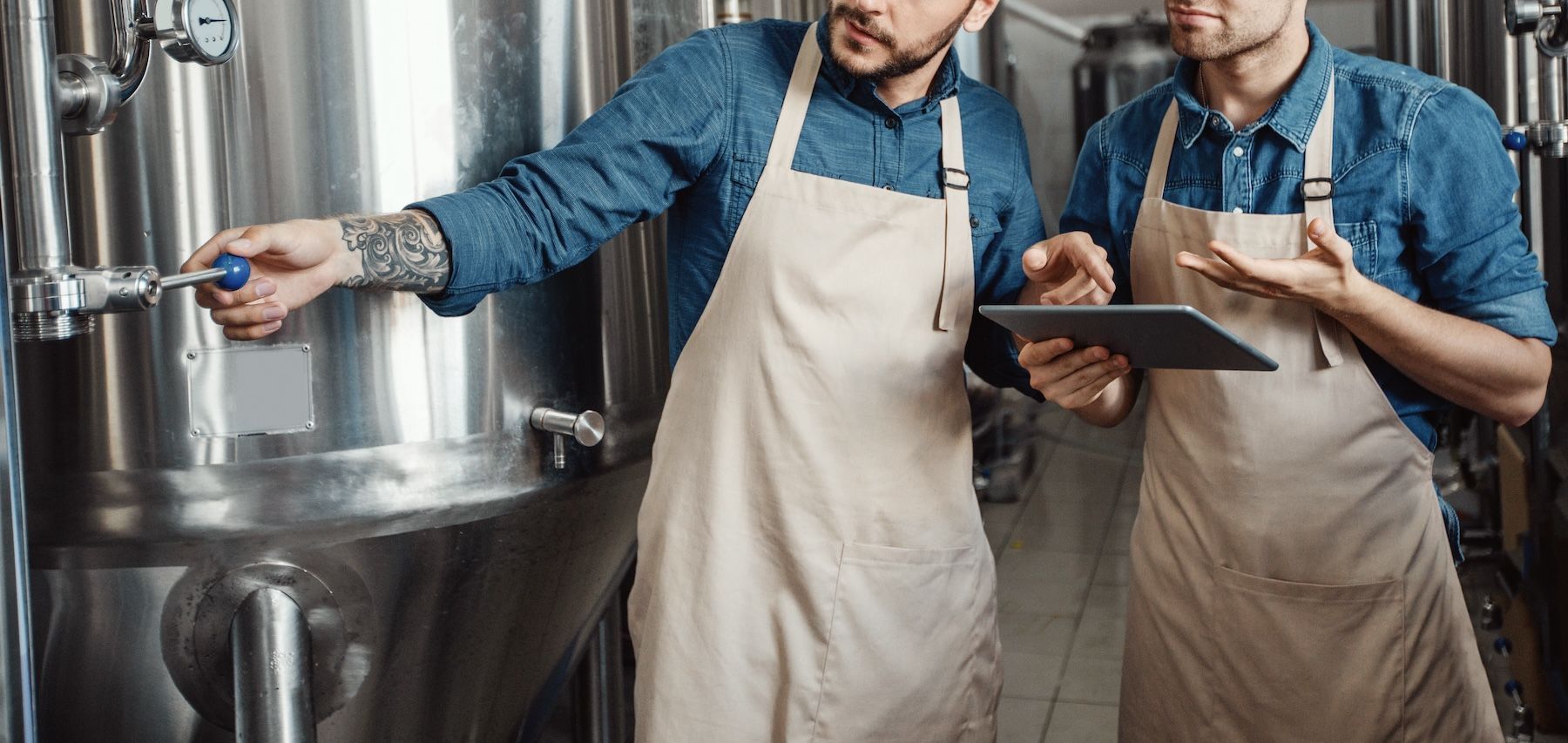



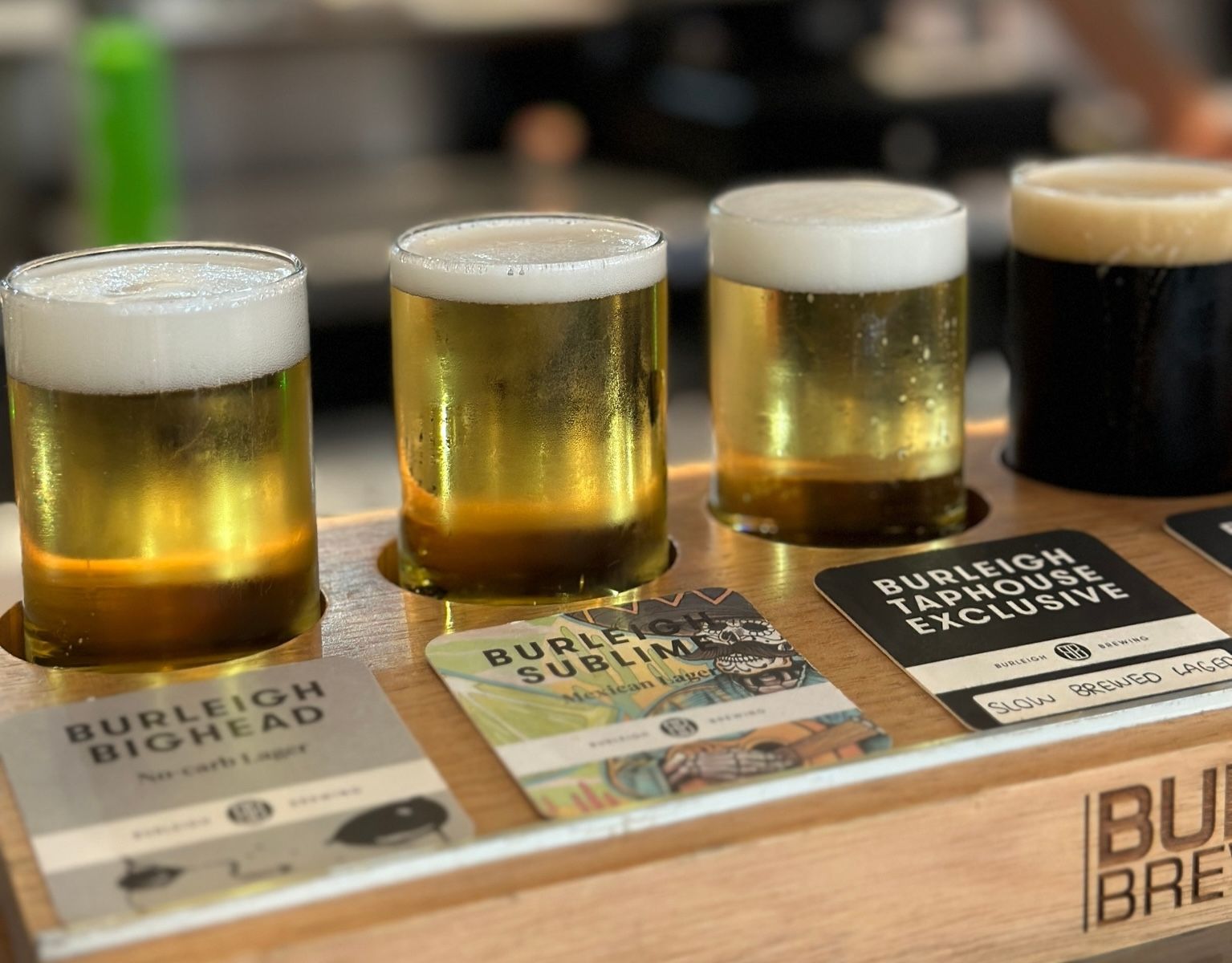
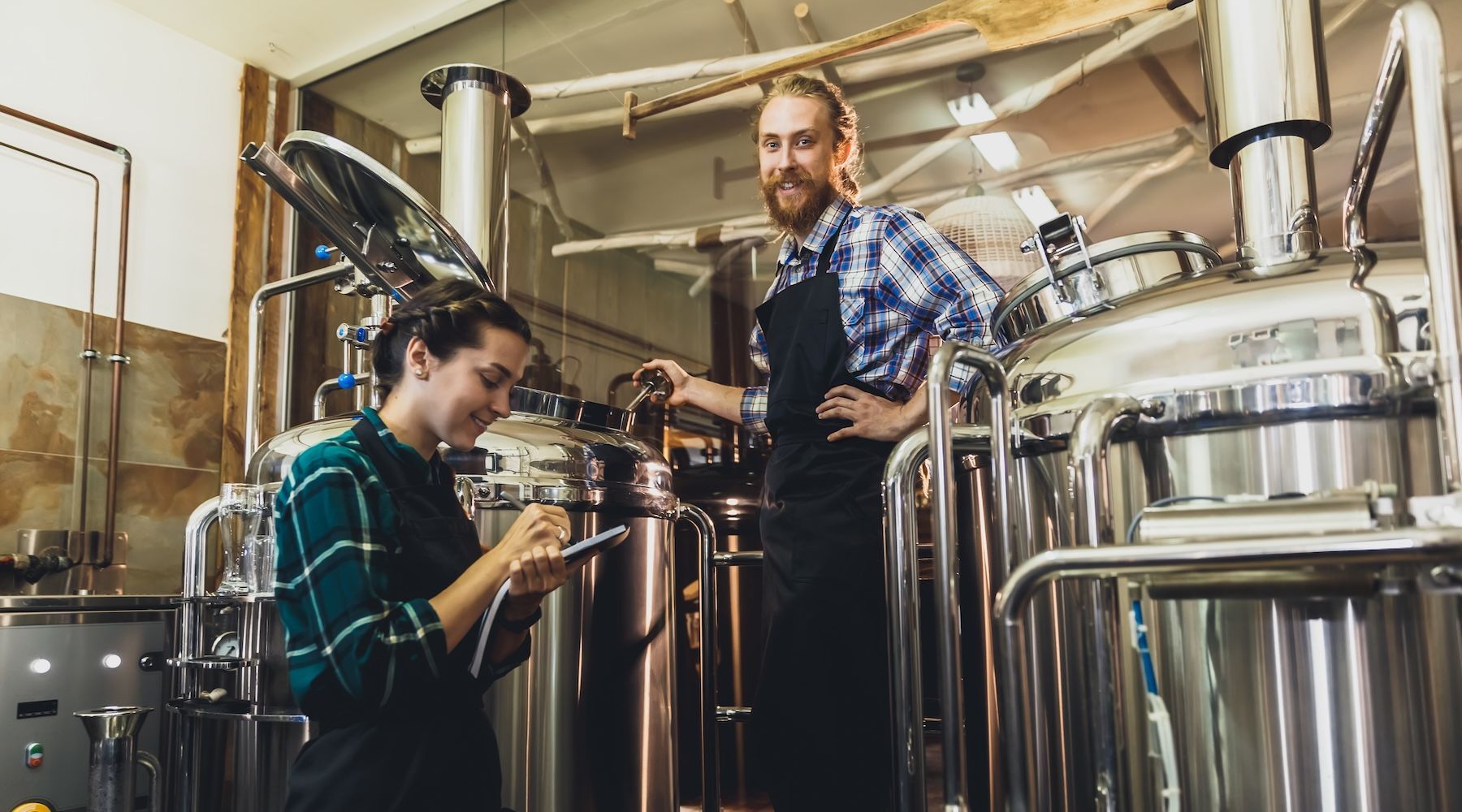
GET IN TOUCH
1512 Larimer Street, Suite #150
Denver, CO 80202
United States
(720) 699-0200
66 Goulburn Street
Sydney, NSW, 2000
Australia
+61 2 9044 1330

